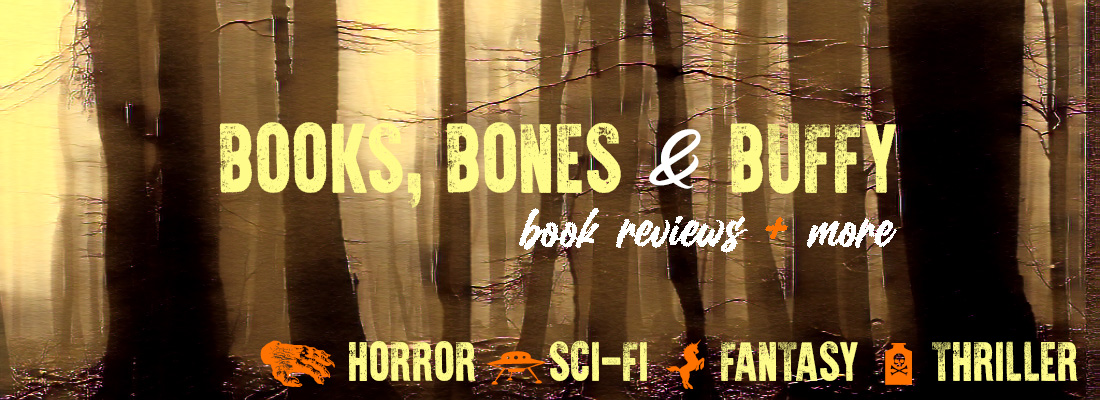What lies beneath the covers of a book is not always what you think, and The Jesuit Papers is a good example of this theory. And I mean that in the best possible way, because this book was surprising in more ways than one. The cover and title led me to believe that this was a scholarly story with religious overtones. But although some of the characters are indeed scholars, and the author clearly did an amazing amount of research on her subject matter, the story has so much more to offer than the book cover suggests. The Jesuit Papers is as compelling a story as Raiders of the Lost Ark, with adventure, danger, romance and mystery, and I’m thrilled to find another indie book that was so much fun to read.
The story is set in Paraguay, near the dangerous jungle region of Chaco, a wild and uncivilized area rife with piranhas, vampire bats and cannibals. Kat Hamilton, a linguist specializing in ancient languages, has come to Asunciόn at the request of her father, an archaeologist who has found proof of a secret civilization living underground in the jungle. But upon her arrival in Paraguay, she is caught up in an attempt to assassinate the President and is arrested. At the jail she meets a man named Edwardo Catalán, who promises to release her if she does him a favor. She must simply translate a Latin text for him. The Jesuit Papers, written by Brother Lorenzo, a Jesuit who undertakes a pilgrimage to discover the truth about travelers passing through the Chaco being attacked and robbed, not only suggests that the robberies are sanctioned by the Jesuits, but gives testament to the secret civilization Kat’s father is searching for. Kat agrees to this plan, but insists on going into the Chaco herself to locate her father after the translation is complete. Catalán consents but demands that she go with a guide, local land owner Nick Ramsey. Kat goes to Nick’s homestead to work on the translation, but she immediately butts heads with Nick, who refuses to help her through the perilous Chaco. But translating the Jesuit Papers turns out to be dangerous, as someone is trying to scare Kat off. When Kat is kidnapped by Rojas, the man who runs Nick’s stables, she is forced to face the dangers of the jungle, including a brush with a tribe of cannibals called the Toba.
The story careens toward the finish in a flurry of action, danger, mistaken loyalties and buried treasure, as Kat and Nick uncover the mysteries of the Jesuit Papers, save the village from drought, find Kat’s father, and ultimately fall in love. Yes, there is a lot going on in The Jesuit Papers, and it’s really my only complaint about the book. It almost felt like the author had too many ideas and plot lines to be contained in one book, and for me the latter part of the story felt a bit crowded and confused. But A. B. Fowler certainly has writing chops, and her subject matter comes alive from the obvious amount of research she put into her story. Her descriptions of the untamed jungle were beautiful and terrifying. In one memorable scene, one of the shadier characters gets his comeuppance when he is captured by the Toba. Fowler gleefully describes his horrible fate, which I’m afraid I can’t reveal to you in this review (you’ll just have to read the book!).
The author develops her relationships well and is very good at slowly revealing information about certain characters. We know from the beginning that Nick has had a tragedy in his past, but Fowler takes her time revealing exactly what that is. Likewise, it was no surprise that Kat and Nick would eventually hook up, but like a good romance novelist, she draws out their relationship until they snap under the strain. She even includes a bit of a love triangle with Nick’s friend Tigrero. Another relationship, between Nick and Pilar, an unhappy woman whose story is somehow tied up with Nick’s tragedy, is filled with tension and sadness.
Fowler ties in the title of the book by interspersing Kat’s translations of the Jesuit Papers into the narrative, which gives the story extra depth and adds to its already historical feel. She also uses the Mayan calendar, which predicts that the world will end on December 21, 2012, to explain the theory of the underground civilization, and although all these story elements may have you scratching your head in confusion, the theories actually make sense and give the reader a lot to think about.
Entertaining, thought-provoking, atmospheric, and sometimes shocking, The Jesuit Papers is an adventure that should not be missed.
Many thanks to the author for supplying a review copy.
You can purchase The Jesuit Papers here.



Very good review. Thanks for posting it!
Thanks Mari!